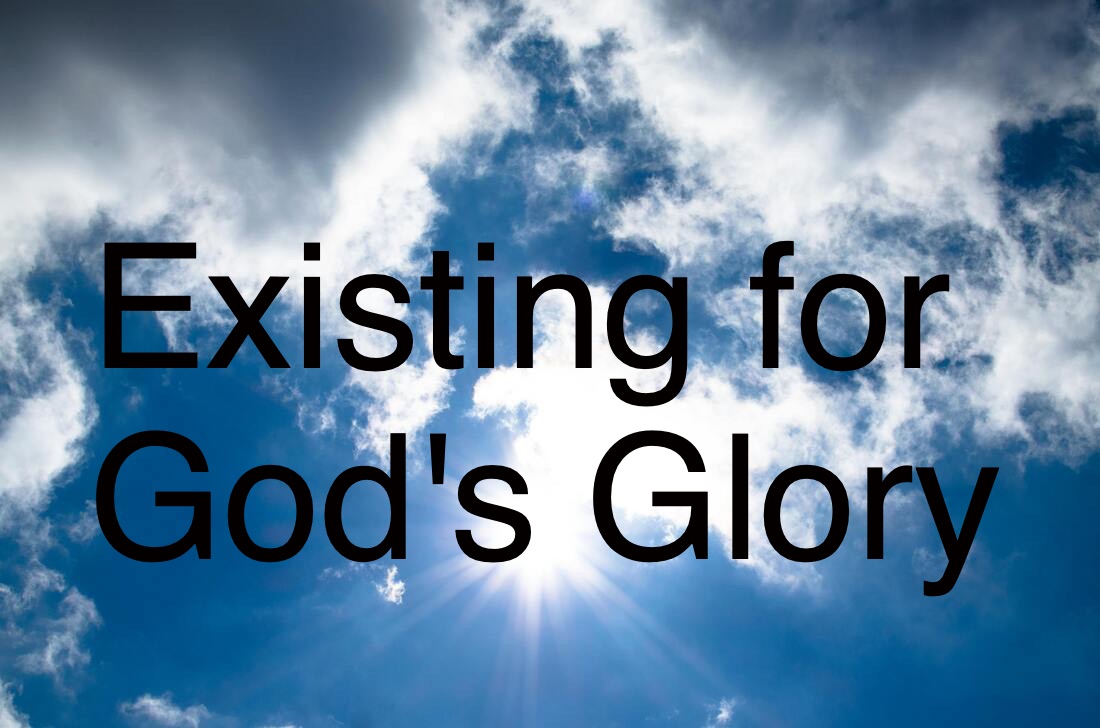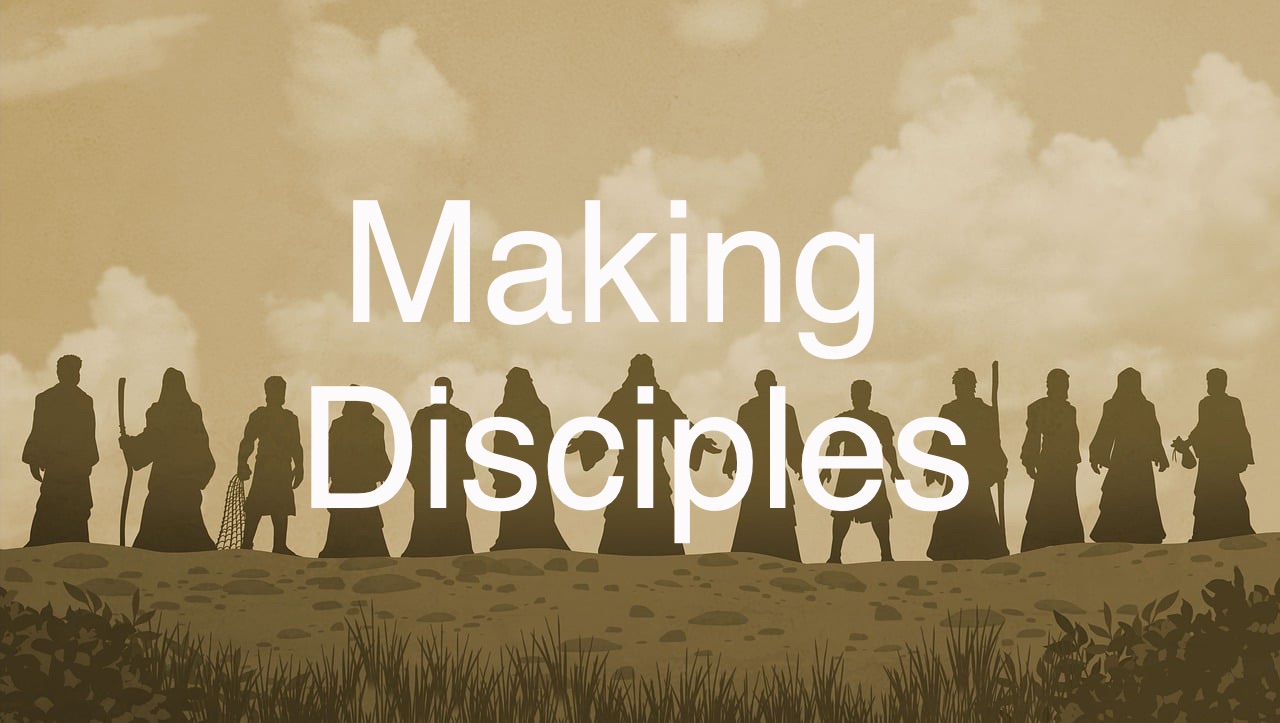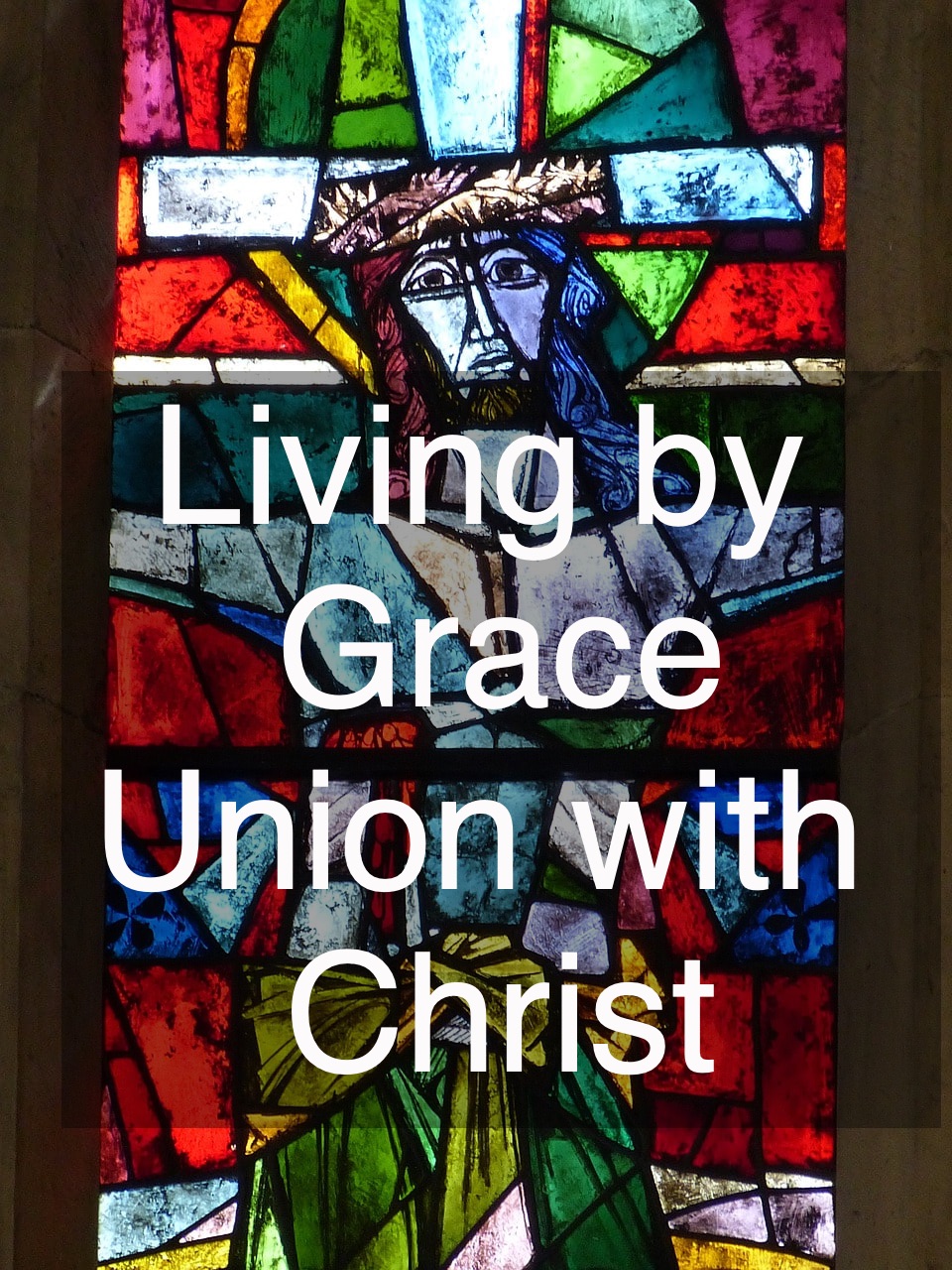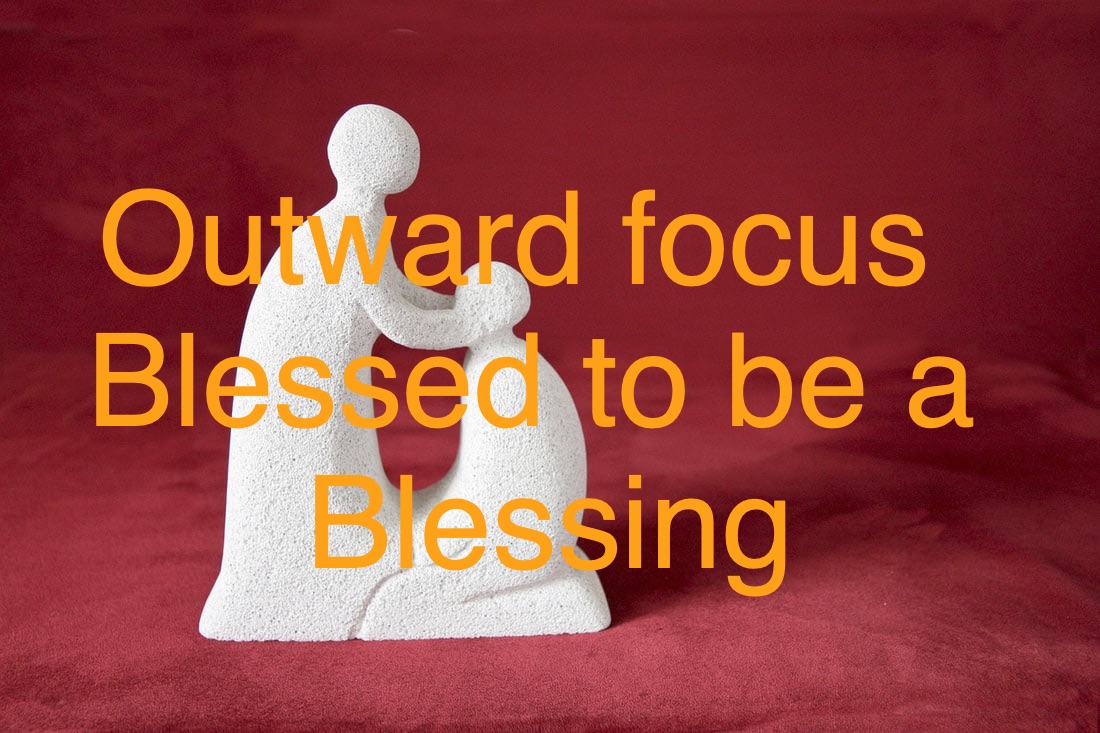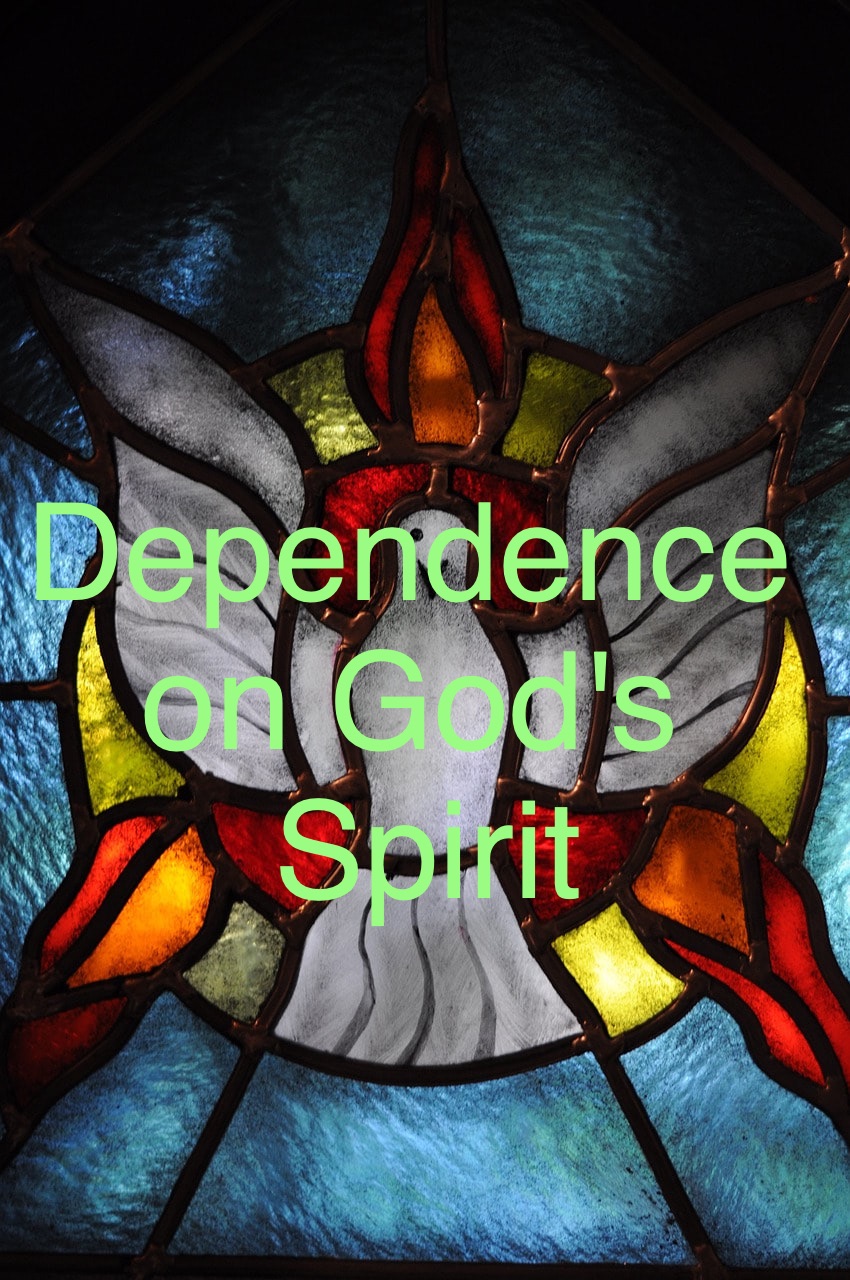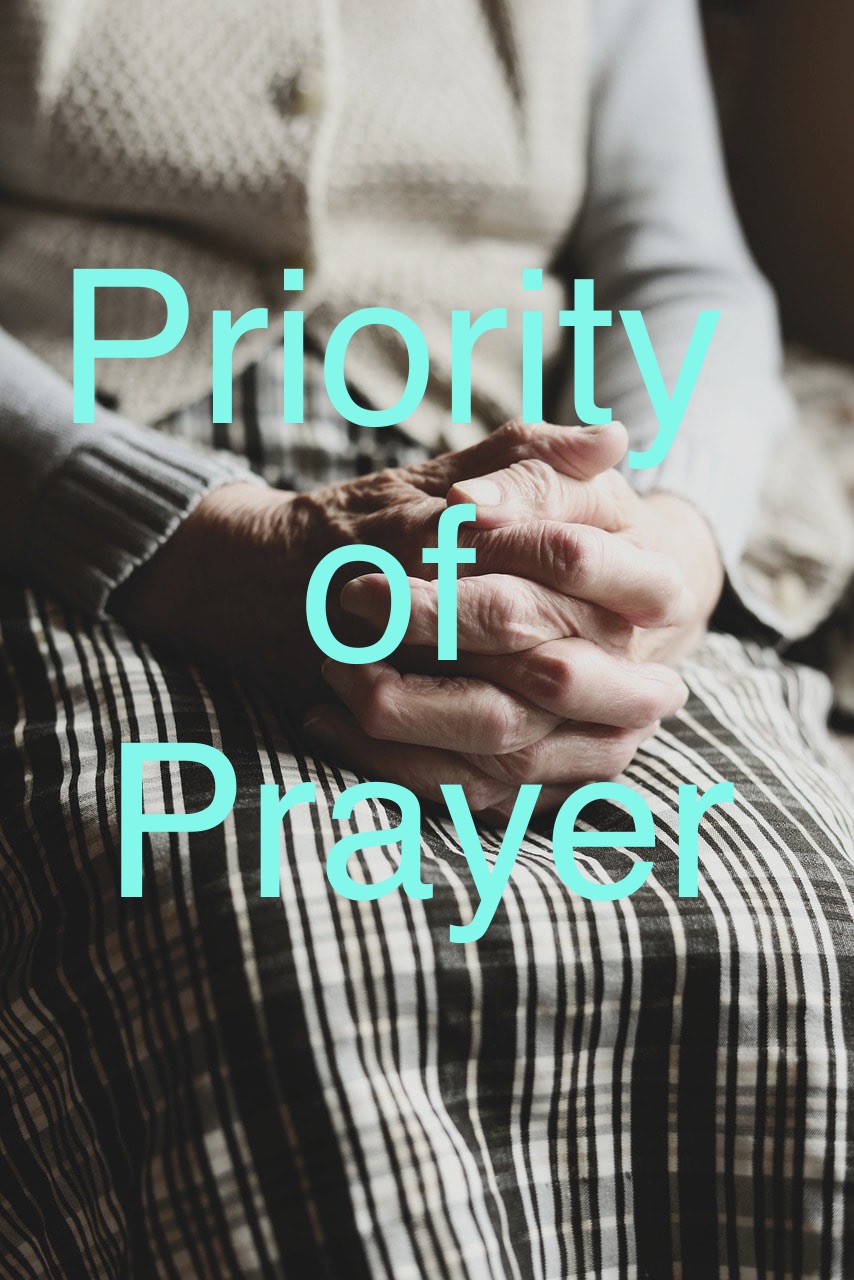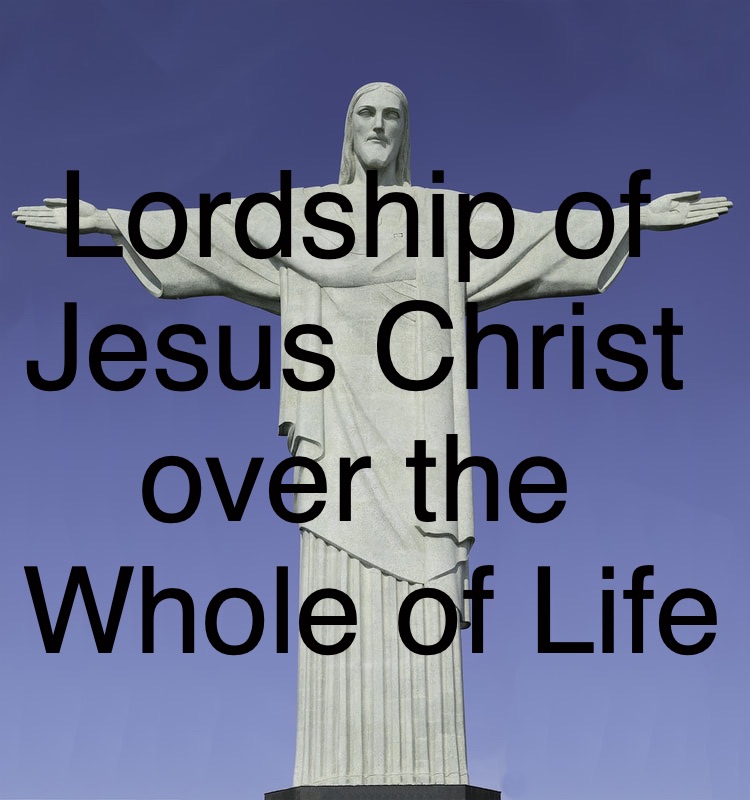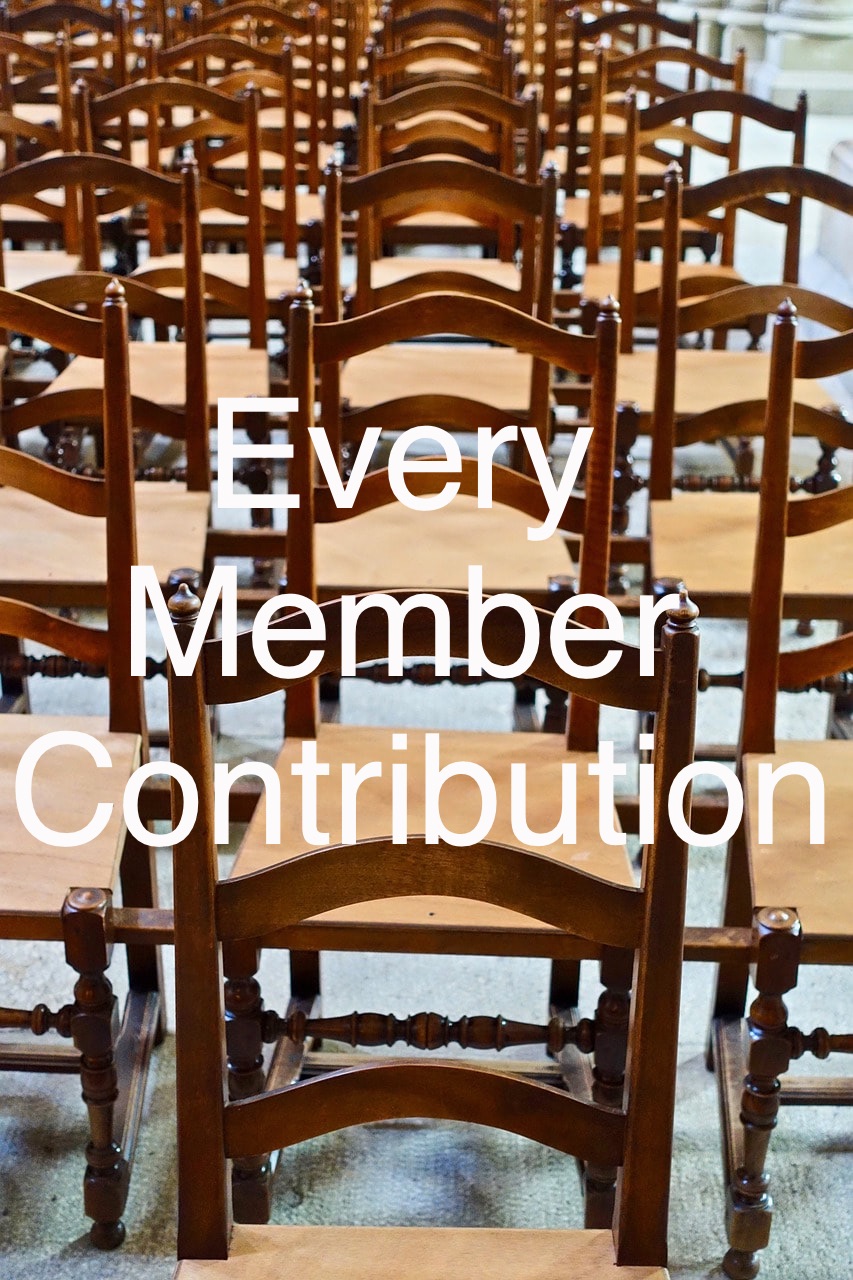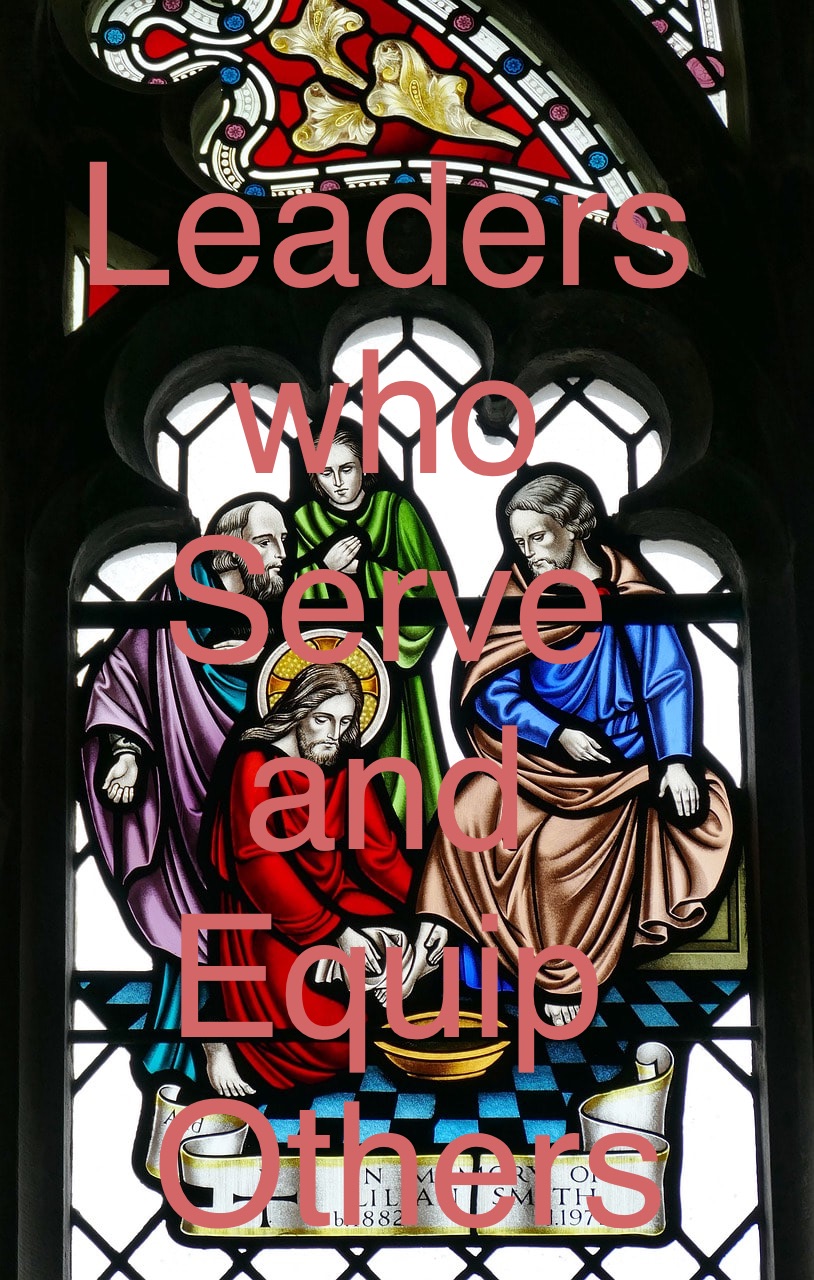Our Vision
Cornerstone St Andrews started in June 2013 with a vision to reach people in St Andrews with the Good News about Jesus. We are an evangelical church, in the presbyterian tradition, and part of the United Free Church of Scotland. Cornerstone was birthed out of a passion to see every member of God’s people equipped to be who God made them to be, doing what God made them to do, where God has called them to be - to God’s glory. We seek to reach our town through multiple communities of people living and speaking out the Gospel, blessing the wider non-church-going community around us. This happens through networks of relationships, through the hospitality of homes and through people seeing the Gospel lived out in Christ’s people.
Cornerstone St Andrews, therefore, exists to build up and equip a community of people to live wholeheartedly as disciples of Christ in every sphere of life, demonstrating God’s character in the way we love one other and our neighbours. We live to speak and demonstrate the Good News of Jesus.
To read more about the biblical basis of our vision, click on the links below:
Cornerstone St Andrews, therefore, exists to build up and equip a community of people to live wholeheartedly as disciples of Christ in every sphere of life, demonstrating God’s character in the way we love one other and our neighbours. We live to speak and demonstrate the Good News of Jesus.
To read more about the biblical basis of our vision, click on the links below:
Why Cornerstone?
You may have heard it said that 'the church isn't the building, but the people inside it'. We want to challenge that: the church is a building! However, it's not a physical building, but a spiritual one.
In the Bible, 1 Peter 2 describes God's people as "living stones" who "are being built into a spiritual house", with Jesus as the cornerstone upon whom the building is built: "the living Stone - rejected by men but chosen by God and precious to him". Similarly, Ephesians 2:19-22 says:
"You are no longer foreigners and aliens, but fellow-citizens with God's people and members of God's household, built on the foundation of the apostles and prophets, with Christ Jesus himself as the chief cornerstone. In him the whole building is joined together and rises to become a holy temple in the Lord. And in him you too are being built together to become a dwelling in which God lives by his Spirit."
We believe that God's people are called to live in community with Jesus and with one another, in a way that honours Jesus and blesses those around us, always looking outwards to welcome others in to live in that divine-human community.
We enter that community through the work of Jesus, and as renewed people live in union with Him. Each member of the community has also been gifted by God to contribute towards the life of that community in a unique way, and within the community is to be equipped to serve others and welcome others in. This is how the building grows. Yet the building simply would not exist without its Cornerstone, and only exists to make Him known, so that through Him people may be transformed to become the people they were made to be.
In the town of St Andrews, with so many historical buildings and ruins, we believe 'Cornerstone St Andrews' beautifully expresses both our understanding of the purpose of the church, and our desire to have Jesus as central and to make Him known in our locality and further afield.
You may have heard it said that 'the church isn't the building, but the people inside it'. We want to challenge that: the church is a building! However, it's not a physical building, but a spiritual one.
In the Bible, 1 Peter 2 describes God's people as "living stones" who "are being built into a spiritual house", with Jesus as the cornerstone upon whom the building is built: "the living Stone - rejected by men but chosen by God and precious to him". Similarly, Ephesians 2:19-22 says:
"You are no longer foreigners and aliens, but fellow-citizens with God's people and members of God's household, built on the foundation of the apostles and prophets, with Christ Jesus himself as the chief cornerstone. In him the whole building is joined together and rises to become a holy temple in the Lord. And in him you too are being built together to become a dwelling in which God lives by his Spirit."
We believe that God's people are called to live in community with Jesus and with one another, in a way that honours Jesus and blesses those around us, always looking outwards to welcome others in to live in that divine-human community.
We enter that community through the work of Jesus, and as renewed people live in union with Him. Each member of the community has also been gifted by God to contribute towards the life of that community in a unique way, and within the community is to be equipped to serve others and welcome others in. This is how the building grows. Yet the building simply would not exist without its Cornerstone, and only exists to make Him known, so that through Him people may be transformed to become the people they were made to be.
In the town of St Andrews, with so many historical buildings and ruins, we believe 'Cornerstone St Andrews' beautifully expresses both our understanding of the purpose of the church, and our desire to have Jesus as central and to make Him known in our locality and further afield.
Cornerstone St Andrews exists for the glory of God. To His glory and by His grace, we seek to encourage and build one another up as disciples of Jesus, living out the Gospel in every sphere of life, demonstrating God’s character in the way we love and care for our neighbours, our community and our world. We believe that the Gospel of Jesus is the only hope for the world and that on a daily basis we desperately need to put ourselves under the authority of God’s Word and seek the empowering presence of His Spirit in order to carry out the Great Commission of Our Lord Jesus.
Our values have a profound bearing on what we do practically as a church. They mean, for example:
1. Existing for God’s Glory
2. Making Disciples
3. Living by Grace - Union with Christ
4. Outward focus - Blessed to be a Blessing
5. A Growing and Learning Community
6. Centrality of God's Word
7. Dependence on God’s Spirit
8. Priority of Prayer
9. Lordship of Jesus Christ over the Whole of Life
10. Every Member Contribution
11. Leaders who Serve and Equip Others
You can read more about our values and their biblical basis below:
Our values have a profound bearing on what we do practically as a church. They mean, for example:
- that the Sunday gathering, though important, is not the only significant part of the life of the church;
- there is a large emphasis in Cornerstone on being part of a home expression of church Home Groups, an environment where we can learn and grow and from which we can be reaching out to our neighbours, colleagues and friends;
- the idea that the people of God collectively are God’s means of carrying out His mission to the world dictates our financial priorities. All money given to the church will be stewarded in a way that reflects the priority of mission.
1. Existing for God’s Glory
2. Making Disciples
3. Living by Grace - Union with Christ
4. Outward focus - Blessed to be a Blessing
5. A Growing and Learning Community
6. Centrality of God's Word
7. Dependence on God’s Spirit
8. Priority of Prayer
9. Lordship of Jesus Christ over the Whole of Life
10. Every Member Contribution
11. Leaders who Serve and Equip Others
You can read more about our values and their biblical basis below:
|
Making Disciples
The task of the church is to make disciples (Matthew 28:18-20). The fact that disciples have to be made implies that people are not by default disciples of Jesus. Therefore we believe in the necessity of conversion - that people need to hear the Good News of Jesus and respond to it, placing their trust and confidence in Jesus and surrendering to His Lordship over the entirety of their lives. |
Existing For God's Glory
We exist primarily for the glory of God. What does that mean? God alone is the Single Being worthy of the focus of our lives. His glory and goodness is the supreme value in the Universe. We are created and called to live lives that are centred on God and have reference to Him above all else; put simply, we are to put Him first in everything. The glory of God however, is not something he must take from us at our expense. Rather, to live for the glory of God is to live as fully authentic human beings. We wholeheartedly endorse the first question of the Westminster Shorter Catechism: What is the chief end of man? The chief end of man is to glorify God and to enjoy Him forever. |
|
Living by Grace - Union with Christ
God’s grace comes to us in personal relationship with Jesus - it is not some impersonal force just there to help us when we need it. Nor is grace just the means by which we start out on our Christian life. On the contrary, to follow Jesus is to live by grace every moment of every day of our lives. We need to be forgiven, brought into relationship with God and given the transforming grace that will enable us to live for God. All of this comes through gracious union with Jesus. The reference in the Great Commission to being baptised into the Triune God resonates with this New Testament theme that those who are trusting in Jesus are graciously brought into union with Christ - that is, God unites them spiritually with the resurrected Jesus so that they become part of His body, part of His people, so that what is true of Him becomes true of them. This is the basis of Paul’s argument in Romans 6 when he rebukes anyone for thinking that they can trust in Jesus’ death only for forgiveness of sins. Paul tells us that because we are united with the person of Christ, we are not only united with His death for forgiveness of sins, but we are also united with his indestructible resurrection life so that we now “walk in newness of life” (Romans 6:4). So, it is not possible for someone to just be forgiven and then carry on as though nothing has happened. Forgiveness and new life are inseparable because they are both fruits of union with Jesus Christ. What does this mean practically? Our priority is to introduce people to gracious relationship with Jesus, not to give people sets of rules to live by. We want to see people grow in that relationship, not just conform their behaviour in order to fit in with our church sub-culture. People growing in relationship with Jesus and therefore living freely by grace will look diverse and messy, but beautiful! |
|
Outward focus - Blessed to be a Blessing
The church was never meant to be about people merely receiving blessing or good things from God. The pattern over and over in the Bible is that people are blessed by God in order to pass that on to others. Quite simply, this means that Cornerstone must be outward looking. We do not simply receive gifts from God and keep them to ourselves. Actually, that would be the quickest way to destroy the gifts. Rather they are to be passed on for the benefit of others. This means that as a church our mindset is to be one of constant care for our neighbours and the constant prayer that God would show us ways in which we may pass on blessing to those around us. We embark in this way on a wonderful adventure to see whom God might wish to touch and bless through our lives - both individually and corporately. |
|
A Growing and Learning Community
If the Great Commission to make disciples involves relationship with the Triune God and being taught to obey everything that Jesus commands, then the church must be a community of people who are growing and learning. We must be growing because relationship with the Triune God is not static - we can never say that we have gone as deep as we need to or that we have experienced all of relationship with God that we can. Rather, the New Testament is full of encouragements to grow in our knowledge of God (e.g. Colossians 1:10). This inevitably means learning - we grow as we learn. Strongly implied within this concept is that we need to be humble and teachable people. If we are to be growing learners, we must first be humble enough to acknowledge our deficiencies and failures, as well as our ignorance. We then must recognise that we need to be taught and we need God Himself to be our Teacher. In practice this means prayerfully attending to God’s Word, open to the work of the Spirit in applying it. |
|
Centrality of God's Word
How do we grow? In 2 Timothy 3:16-17, Paul states that “All Scripture is God breathed and profitable for teaching, rebuking, correcting and training in righteousness so that the man of God may be thoroughly equipped for every good work.” Jesus quoted Deuteronomy when tempted by the devil, “Man cannot live on bread alone but on every word that proceeds from the mouth of God”. We need the Word of God if we are to grow in that relationship with God; it is our food and it equips us to live the kinds of lives to which God calls us. The implications are obvious for us as a church. When we gather corporately, we want to hear what God has to say, so we will make a priority of reading the Bible together. We also make a priority of explaining and applying God’s Word through our teaching times together. As far as our teaching is concerned we make it our aim to communicate the Gospel from the Bible in language everyone can understand. We also want to give people as much opportunity as possible to engage with it and ask their own questions. This means a couple of things practically:
|
|
Dependence on God’s Spirit
We cannot talk about the Word without simultaneously talking of the Spirit. The Spirit uses God’s Word in our lives; God’s Word is described as the sword of the Spirit in Ephesians 6:17. But the Spirit is the one who makes us into the kind of people God made us to be. All those who have submitted their lives to Jesus and have accepted His offer of salvation are given the gift of the Holy Spirit who bears fruit in our lives and gives us gifts with which to serve. The fruit of the Spirit is “Love, joy, peace, patience, kindness, goodness, faithfulness, gentleness and self-control” (Galatians 5:22) and is manifested in our lives as we live life in close fellowship with God and “keep in step with the Spirit” - that is, live in a way that is sensitive to the Spirit’s leading and prompting, listening carefully to the way the Spirit uses the Word in our lives. However, the Spirit also gives gifts to each of Jesus' followers. These gifts are not given just for personal enjoyment. Rather, they are given as a means of serving and blessing others. All the gifts of the Spirit are for the church today, and are to be used for the benefit of all. |
|
Priority of Prayer
In prayer, we express our dependence upon God and grow in our intimacy with Him. The problem with so much of modern life - even church life - is that we can end up living day to day as though there is no God and there are no demons. We end up, in short, living as practical atheists. We believe that we desperately need God every moment of every day. We look to Him to provide for all of our needs, including financial and practical. We seek Him passionately, asking Him to bring about restoration in relationships, healing of brokenness and salvation for men and women. The church’s mission, as we are describing it here, is not just difficult; it is absolutely impossible! We cannot (and must not) try to do it on our own. Prayer is therefore fundamental to who we are as church at Cornerstone. We’ll never take it for granted that we can get by on our own cleverness or gifting. Rather, we seek God’s presence and empowerment in and for everything we undertake. So, prayer will always be part of our Sunday gatherings, we will continue to have at least one time midweek for corporate prayer, and prayer will always be an essential part of what we do in our home groups. |
|
Lordship of Jesus Christ over the Whole of Life
Christian faith does not just concern the so-called 'spiritual' or 'religious' aspects of life. It is not something that concerns us only when we are taking part in explicitly 'spiritual' activities like church services, personal Bible reading, prayer or evangelism. Of course, it does not concern less than these things! The Bible presents us with a view of reality that starts with the fact that God made it all and commands man to steward it well on His behalf (Genesis 1:26), a command that stands to this day. However, mankind has rebelled and ever since the Fall, God is in the business of redeeming and restoring His creation. At the very end of the Bible in Revelation 21, we are told of the restored and renewed creation into which the kings of the earth will “bring their glory”. Our destination is not to be disembodied spirits sitting on a cloud somewhere; rather, our destination is a restored and renewed physical creation where things will be “the way they are supposed to be”. Furthermore, we see in the New Testament that the goal of redemption is the restoration of the image of God in us (Colossians 3:10), this image supremely made known in Jesus (Colossians 1:15, Hebrews 1:3). The fact that God is redeeming His creation and redeeming and restoring us as part of it means that every aspect of life is involved in God’s redemption - nothing is excluded. To put it another way (and to quote the Dutch theologian and prime minister Abraham Kuyper), “there is not a square inch of the entire creation about which Jesus Christ does not cry out ‘this is mine, it belongs to me!’” What does it look like, then, for our work, family life, leisure time, sporting activity, or entertainment to be redeemed, to be brought under the Lordship of Jesus Christ? Of course, there is so much more to say on this subject, but one practical implication of this for us as a church is that we do not cease to be “church” when we are not in church meetings. Rather, we are church 24:7 in all that we think, do and say. We passionately believe that the church is the community in which we are nurtured to live fully human lives, manifesting the Lordship and redemption of Jesus Christ in everything we do, in every sphere of our lives’ activities. |
|
Every Member Contribution
1 Corinthians 12 is very clear that every Christian is given the gift of the Holy Spirit and is also given gifts by the Holy Spirit. These gifts are designed to bless the rest of the church and are not just for personal enjoyment. In Ephesians 2, Paul describes the church as a temple or a “dwelling place for God by the Spirit”, the idea being that each individual follower of Jesus is like a stone fitted together with other stones around them so that a beautiful temple is constructed in which God’s presence dwells and is therefore seen by those who are not yet followers of Christ. Ephesians 4 builds on this idea, but switches imagery to that of a body in which each member when it is doing what is made to do is like ligaments and sinews that bind the body together. The concept is enormously important for the way we think about church - each member has a unique role to play and contribution to make to the work of the body, that is God’s mission. This means that there are no insignificant, no little people. Every single member of the body of Christ has a contribution to make, without which the body will not be healthy. How is each member to make this contribution? Ephesians 4:11 answers - it is the role of leaders within the body of Christ to equip each person for their contribution to the work of the whole body. This brings us to the next point. |
|
Leaders who Serve and Equip Others
Ephesians 4:11 gives a vision for leadership in the body of Christ that is about equipping each member to be what they are made to be and do what they are made to do. Only by making this 'disciple-making' a priority can the body of Christ, the church, function as it is meant to and carry out God’s mission of reaching and blessing the nations. In addition, Jesus’ example of foot-washing in John 13 (and Paul’s meditation on the theology of using power for humble service in Philippians 2), sets a pattern for leaders of humble service rather than any kind of domineering, manipulation or coercion. In fact, Paul explicitly renounces all of these approaches to leadership in 1 Thessalonians 2:3-8. What does this all mean practically? It means that those involved in leadership in Cornerstone understand that their primary role is to serve God’s purposes in the lives of the members of the church, seeking to equip them to be who God has made them to be. This means that we really don’t want to pull people into what we are doing, getting people serving the church organisation and structures. Rather, we want to resource and equip you to do what God is calling you to do, where God has planted you. We might summarise that this means that we understand the church to be 'Go to' rather than 'come to' - the focus is outwards on people living the lives God has called them to live in their own context, showing and telling the Gospel in every aspect of life, rather than the inwards focus of church members being seen primarily as the man-power to maintain the organisation. Of course, there will always be some jobs that need to be done in order for the church to function as it is intended to. However, the leadership of Cornerstone is making a commitment to all those involved in the church - we will not use you; we are here to serve you! We don’t want to get you involved in church; we want to get church involved in you. This in turn will mean that the shape Cornerstone takes will be determined by the people God brings with their various gifts and contributions, rather than being imposed by the agenda of a leadership team that seeks to shape people to its agenda. |
The Bible teaches that Jesus' followers are all different part of his body - the church - here on earth, with different but interconnected and valuable parts to play (see 1 Corinthians 12:12-31). As part of the church in St Andrews, Scotland and the world, we work in partnership with a number of organisations, including:
Financial Partnerships
In addition to the above, Cornerstone also commits to financial partnerships with a range of organizations and initiatives engaged in a breadth of mission activities. Click here for more information.
- The United Free Church of Scotland
- The Navigators
- UCCF
- St Andrews University Christian Union
- Friends International
Financial Partnerships
In addition to the above, Cornerstone also commits to financial partnerships with a range of organizations and initiatives engaged in a breadth of mission activities. Click here for more information.
Our Confessional Basis
Cornerstone is a church within the United Free Church of Scotland (the UF). The UF is a historic, evangelical denomination in the presbyterian tradition. Presbyterian churches maintain that only Jesus Christ, rather than merely human pastors or elders, is the true head of the church. Ultimately all Christians and all religious authorities are accountable to him. It also means that the supreme standard for spiritual life and doctrine (i.e. Christian beliefs) is scripture. Yet in addition to scripture which is our supreme standard, we accept as our confessional basis and subordinate standard under scripture the Westminster Confession of Faith and other ecumenical statements of the church (such as the Apostles Creed). Both members and elders at Cornerstone, like the rest of the UF denomination, affirm the heart of the gospel as expressed in the Westminster Confession, but recognise the freedom to have differing opinions on secondary matters. While we are an evangelical, presbyterian church, we enjoy being a diverse community, including members from all sorts of different Christian backgrounds. We seek as a church to live in unity together, and to aim for greater unity amongst churches in St. Andrews and around the world.
For a summary of the beliefs of the UF church, follow this link.
For a summary of the beliefs of the UF church, follow this link.
2024 Cornerstone St Andrews



